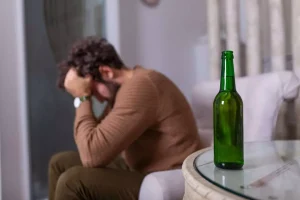
This dependence may mask underlying issues and delay proper treatment. It enhances the effects of GABA, the main inhibitory neurotransmitter, leading to sedation and reduced anxiety. Alcohol also increases dopamine release, creating pleasurable feelings that reinforce drinking behavior. Alcohol is a drug like any other, and anything that affects your body like alcohol does has the potential to contribute a great deal to your panic attacks and anxiety more generally. For this reason, those that have panic attacks should strongly consider avoiding alcohol wherever possible. While some people are able to drink responsibly and in moderation, others struggle to control their drinking and put themselves at risk of developing addiction and other physical health concerns.
Tips to change your relationship with alcohol
Hangxiety is a term that describes hangover anxiety, an experience of anxiousness that occurs after you’ve been drinking alcohol. Other factors found in classic hangovers may also make you more likely to experience anxiety. Dehydration, for example, has been linked to increased feelings of anxiety. Alcohol may be a temporary, unhealthy way to relieve anxiety and forget about your underlying stressors; however, using alcohol does not erase these underlying triggers. Additionally, symptoms of anxiety will still be lurking around the corner as the underlying triggers have not been properly addressed and treated.
The relationship between alcohol and anxiety
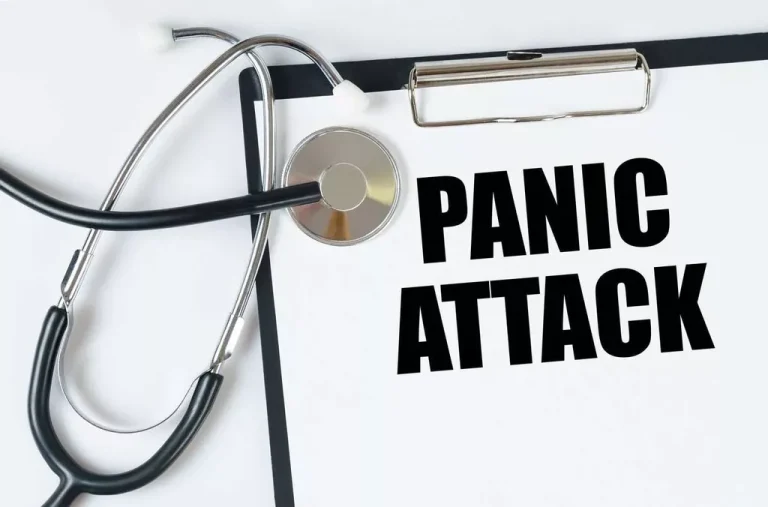
At the very least, I find comfort in remembering that my shaky-emotional-ground feeling, no matter how intense, will dissipate soon enough. As Dr. Greenfield puts it, “Time is on your side.” Just breathe, take care of yourself, and remember that hangxiety isn’t forever. If you suspect that you have an alcohol use problem, effective treatments are available.
- Anxiety after drinking can result from alcohol’s impact on brain chemistry, dehydration, withdrawal symptoms, disrupted sleep, and pre-existing anxiety disorders.
- Few people may realize it, but you can actually be allergic or intolerant to alcohol.
- When the body feels physical stress it also tends to feel mental stress because the physical symptoms are interpreted by the brain as stress and worry.
- A panic attack comes on suddenly and typically peaks within minutes, with intense symptoms like chest pain, a racing heart, and fear of losing control.
- In many cases, self-medicating leads to other problems, including worsening symptoms and substance use problems.
- A treatment center will attempt to verify your health insurance benefits and/or necessary authorizations on your behalf.
Can Alcohol Cause Anxiety or Make it Worse?
If you’re feeling overwhelmed by your anxiety disorder, there are other ways to seek help. If you have a history of anxiety or mental disorders, make sure to share this with your healthcare provider so you know how alcohol or other substances may affect you differently. Psychiatrists are doctors who have specialized training in diagnosing and treating complex mental health conditions through medication management. If you are experiencing symptoms of a mental health condition such as depression, anxiety, bipolar disorder, PTSD, or similar, a psychiatrist may be a good place to start. At Talkiatry, our psychiatrists can treat patients with mental health conditions such as anxiety or depression and substance use disorders that occur at the same time. Treating these conditions is a critical part of treating substance use disorder.
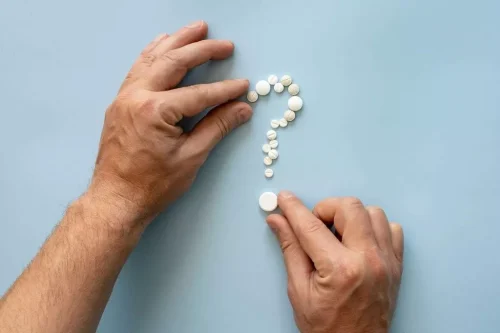
Why doesn’t everyone experience hangxiety?
Some individuals experience unusual sensations like numbness or tingling, often described as “pins and needles” feelings. Dizziness or feeling faint is common and can lead to sensations of detachment from one’s surroundings or oneself. Clinical psychologist Regina Josell, PsyD, outlines three steps you can take to bring yourself back to calm sooner. An older study found that approximately 25% of patients who present to their physician with symptoms of chest pain are ultimately diagnosed with panic disorder. It can help to remember that most panic attacks only last a few minutes, and once you’re out of it, you will be back in control. If you start to experience sudden, intense dizziness, it’s important to find a safe place to sit down.
How can you prevent panic attacks after drinking?
- If you are with someone who is feeling lightheaded or dizzy due to a panic attack, have them sit down and place their head between their legs or lie down and elevate their legs.
- About 20 percent of people with social anxiety disorder also suffer from alcohol dependence.
- Several proposed explanations exist for the link, including genetics, a person’s environment, and the brain mechanisms related to addiction and anxiety symptoms.
- By learning to manage or avoid their triggers, people may be able to reduce the frequency and intensity of panic attacks.
- Addiction Resource does not favor or support any specific recovery center, nor do we claim to ensure the quality, validity, or effectiveness of any particular treatment center.
- Tuck it in your pocket or purse or type it into your smartphone notes so it’s easy to access.
Being mindful about alcohol consumption and its effects can help you cope with — or prevent — this unpleasant feeling. It’s possible to have anxiety after drinking alcohol without having an anxiety disorder. While small amounts of alcohol may activate GABA and cause you to relax, heavier drinking can sap GABA.
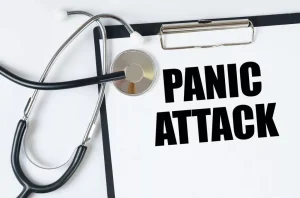
- This increase can lead to a drop in your blood sugar (glucose) levels, and when this is too low it is known as hypoglycaemia.
- Discover how alcohol and anxiety may be interlinked, including why panic attacks and anxiety symptoms may occur after drinking alcohol.
- The need to numb anxiety could point to your untreated anxiety disorder, for example.
- Each year, about 2.7% of US adults experience panic disorder, with a lifetime prevalence of 4.7%.
- Those with panic attacks are far more likely to notice them, and this may result in a flood of anxiety that can lead to a panic attack.
- Alcohol is a diuretic, causing increased urination and dehydration.
- The best option for addressing both alcohol withdrawal and anxiety symptoms is integrated treatment plans.
B vitamins, particularly B1 and B6, support nervous system function and may help alleviate alcohol-related anxiety. Magnesium-rich foods like nuts and leafy greens can also have a calming effect. Alcohol-related anxiety often presents with distinct bodily sensations. Rapid heartbeat or palpitations are common, with some individuals experiencing chest pain or tightness. Dizziness or lightheadedness may occur, especially when standing up quickly.
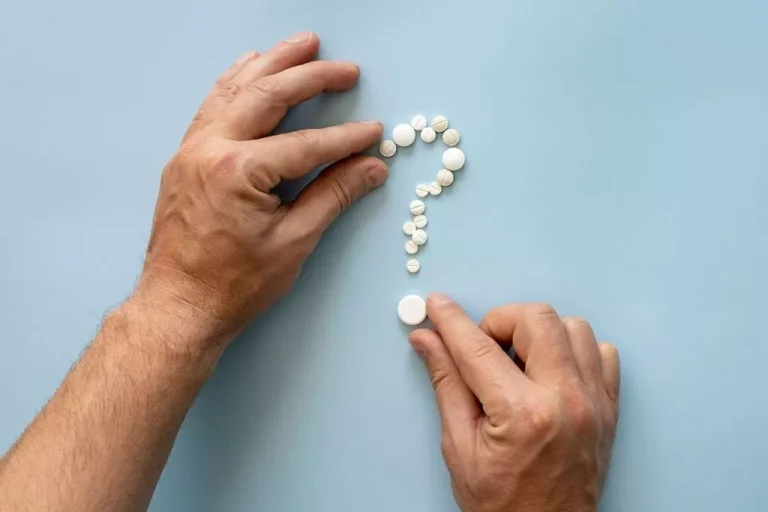
That said, we don’t currently provide treatment for schizophrenia, primary eating disorder treatment, or Medication Assisted Treatment for substance panic attack from drinking use disorders. Alcohol changes levels of serotonin and other neurotransmitters in the brain, which can worsen anxiety. Additionally, panic attacks can be triggered because of the effect alcohol has on GABA, another brain chemical that normally has a relaxing effect.